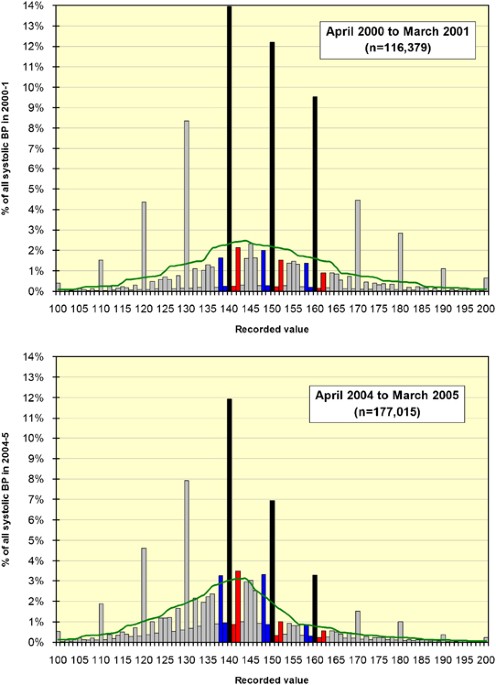- Select a language for the TTS:
- UK English Female
- UK English Male
- US English Female
- US English Male
- Australian Female
- Australian Male
- Language selected: (auto detect) - EN
Play all audios:
Last week I presented my Bereavement (Leave and Pay) Bill at Westminster which has attracted support from MPs of every political party. Working with colleagues from other parties, I
successfully campaigned to secure paid bereavement leave for parents who lose a child up to the age of 18 years old and for those who have suffered a stillbirth to have two additional weeks
of leave added to their full maternity leave. This measure finally came into effect in April last year and has a very personal resonance for me. However, as ground-breaking as that
achievement was, it simply did not go far enough, and my new Bill builds on this previous work by seeking to extend a similar two-week statutory right for paid bereavement leave to all those
who lose a close family member. I have raised this issue repeatedly and it has particular significance now, as COVID-19 reminded us all about the fragility of life, and the profound, cruel
and random nature of loss and bereavement. > ‘Relying on employer goodwill to grant compassionate leave is > unfair and clearly doesn’t work’https://t.co/XL3FIMoLO9 > > — The
National (@ScotNational) June 29, 2021 Bereavement is a fact of life, and if grieving individuals could be assisted through better support, we could have a healthier society with a greater
sense of wellbeing at its heart. Instead, people often grieve in silence and are expected to just get on with it. Across Scotland, a quarter of the workforce, 650,000 people, experienced a
bereavement last year. Such a profoundly life-changing experience brings with it potentially long-term consequences for a person’s mental and physical health. For example, grief can trigger
heart attacks, diabetes and lower mortality. The impact of grief on society is huge and in the workplace cannot be left to the discretion of employers to manage. Many employers are
supportive and understanding when an employee suffers a close bereavement. Unfortunately, some are not. Workers may be pressured to return to work while still struggling with the initial
shock and trauma of loss. Without any statutory rights to paid bereavement leave, the time and space to grieve is determined by the goodwill of individual employers. Potentially thousands of
employees are currently unable to take leave without fearing it could undermine their job security. > Today I presented my Bill on the right to paid #BereavementLeave > upon the loss
of a close relative to @HouseofCommons. With so many > suffering the loss of a loved one during the pandemic, it is time to > address the wider issue of paid bereavement leave for all.
Watch > below 👇 pic.twitter.com/ap6Bjcn7OS > > — Patricia Gibson MP (@PGibsonSNP) June 29, 2021 While low paid workers are less able to absorb losses in income associated with
unpaid leave and the immediate costs of bereavement, they are also at greater risk of being dismissed from work for taking time off. This increases the pressure and financial stress on
people trying their best to deal with the loss of someone close, and can lead to more complicated or persistent grief, and they are likely to face more difficulties accessing appropriate
services and information to help them cope. Statutory paid bereavement leave is not just a compassionate measure, it also makes economic sense. Research shows that grief experienced by
employees costs Scotland’s economy £1.8 billion per year as people struggle to work while coping with the emotional, practical and financial aspects of bereavement. It also increases
pressure on our NHS, as health and social care needs often follow the loss of a loved one. It’s in society’s interest to recognise the profound, debilitating effect grief can have, and
statutory paid bereavement leave is a progressive and enlightened measure. If the UK Government – to which this issue is reserved – support this Bill, it would help many thousands of people
each year and I will urge them to provide that support.









